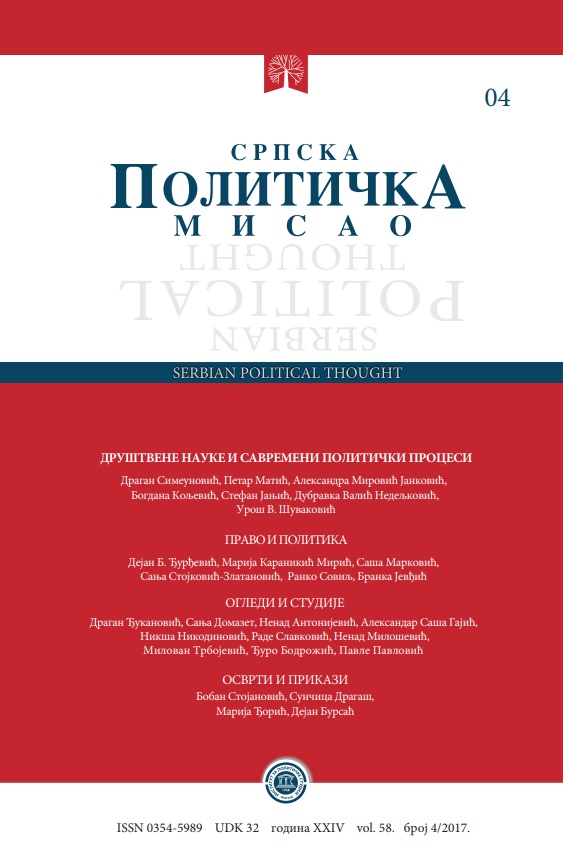Искључење и ограничење уговорне одговорности у српском праву
Exclusion and Limitation of Contractual Liability in Serbian Law
Author(s): Branka JevđićSubject(s): Civil Law
Published by: Институт за политичке студије
Keywords: breach of obligation; conditions for conceiving contractual liability; agreement of liability exclusion; claim for liability determination; liability limitation
Summary/Abstract: Even though Serbian Civil Obligations Act, according to the general regulation, predicts that both of the sides can exclude the liability of debtor in case of breach of obligation, the possibility of definite exclusion of liability in our legislation does not exist. Mechanism meant to serve the stated obligation is not so defined that the debtors agreed liability can be cancelled in advance with the agreement of both sides, nor the damage caused by not following the obligation transfer definitely onto the creditor in spite of the fact that terms for its full transaction have been fulfilled. On the contrary, the agreement that our law calls The Law of Debtor Liability “Exclusion” is just being limited in the way that hampers material-legal and process-legal position of the creditor in the debtor`s liability determining lawsuit. In case of non-execution or delay, hampering is being achieved by assigning the enforcement proof to creditor to all three conditions – breach of existing obligations, caused damage and culpability of debtor – for debtors liability conceiving; in case of the shared enforcement proof according to legal rules, where the position of creditor is facilitated because the culpability of debtor is assumed automatically by proving the other two conditions. Nevertheless, in the case of agreement like this, it is not enough that the regular inobservance, which is usually sufficient for conceiving debtor’s liability, exists; but the proof of intention or ultimate inobservance is necessary. In case that the creditor confirms all the necessary conditions, the liability of the debtor will be conceived, regardless of the conditions about its exclusion that both sides agreed on. The difference between the agreement, that was presented in this paper, and the agreement based on Law of Limitation, is in the following – for the first agreement the Limitation is achieved by hampering of conditions for conceiving debtors liability in respect to legal rules, whereas with the latter one limits the amount for the damage recompense as a sanction for the liability of the debtor which has been determined by the general legal rules. Taken all of this into consideration, the author claims that the law has approached stated clauses unduly, legal-technically and terminologically as they were separate institutions, and according to Author`s opinion that the change of positive-legal resolution regarding the names of clauses that had been mentioned in this paper in the way that these would be also regarded as Clauses of Limited Liability in the future Civil Code of the Republic of Serbia.
Journal: Српска политичка мисао
- Issue Year: 2017
- Issue No: 4
- Page Range: 199-214
- Page Count: 16
- Language: Serbian

